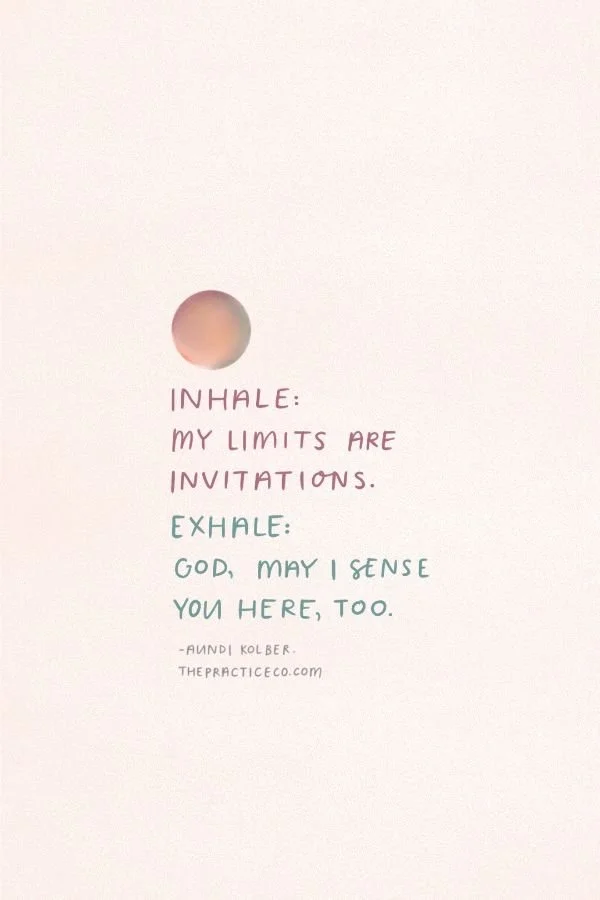Your emotions are not a liability
Artist and Author Morgan Harper Nichols once wrote:
“You are free to feel what you need to feel.”
Brené Brown once wrote:
“When we deny emotion, it owns us.”
But what do these ideas even mean? Especially in a culture and time in which emotions are often seen as a liability—how do we honor and tend to emotions without getting lost in them? And what, if anything, does that have to do with being fully human?
When I consider the role of emotions not only as a follower of Jesus, but also as a human—I think often of the story of Lazarus from John 11. In it, Jesus’ dear friend Lazarus has recently died. When Jesus does arrive, he points to the idea that this story will end in hope and goodness; but, and don’t miss this—Jesus laments with his friends anyway. Jesus sees Mary and others grieving the loss of her brother Lazarus and “he was deeply moved in spirit and troubled” (v. 33). And then, as the shortest verse in the Bible tells us: “Jesus wept” (v. 35).
This pivotal moment in this gospel story matters for us because it shows us the validity and necessity of emotion—even and especially when there is hope ahead. Now, we certainly don’t want to oversimplify emotions. From a nervous system standpoint, there is much nuance to the various ways we are invited, and in many ways, need to work with emotion. But perhaps we can at least acknowledge that if Jesus—both fully God and fully Man—is modelling that some of our most painful emotions are worthy to be felt; if God is moved by the pain of his friends, then we, too, are invited to the table of listening to the sacred language our bodies speak.
But in order to engage this important work, we must at least begin to validate the reality of our feelings—even if we can’t feel all that we need to at once. So may we remember that emotions add texture and beauty to our lives. They provide feedback to our interactions. They are a response to our stories, physiology, and environments—those parts of our lives that make us who we are; our God-given selves.
Research indicates that if we are feeling anxious, a longer exhale than inhale helps communicate safety to our bodies. If it feels like a resource to you, I invite you to utilize this breath prayer as a way to more deeply connect to what it means to honor fullness:
Inhale:
My emotions matter.
Exhale:
God, as I am able, help me to feel.
Written by: Aundi Kolber
Instagram: @aundikolber
From this week’s guest series "The Honoring The Fullness of Our Humanity", this week, with a subscription, in the App.


